Is the ice melting? Pakistan cricket chiefs hopeful about India's visit for ICC Champions Trophy
Pakistan is making all out efforts to successfully host the elite eight-nation ICC Champions Trophy from February 19-March 25 next year.

Khalid Hussain
Editor Sports
Khalid is a battle-hardened sports journalist with a career spanning over 34 years. From a roving reporter, he switched to leadership roles in Pakistan and Saudi Arabia.
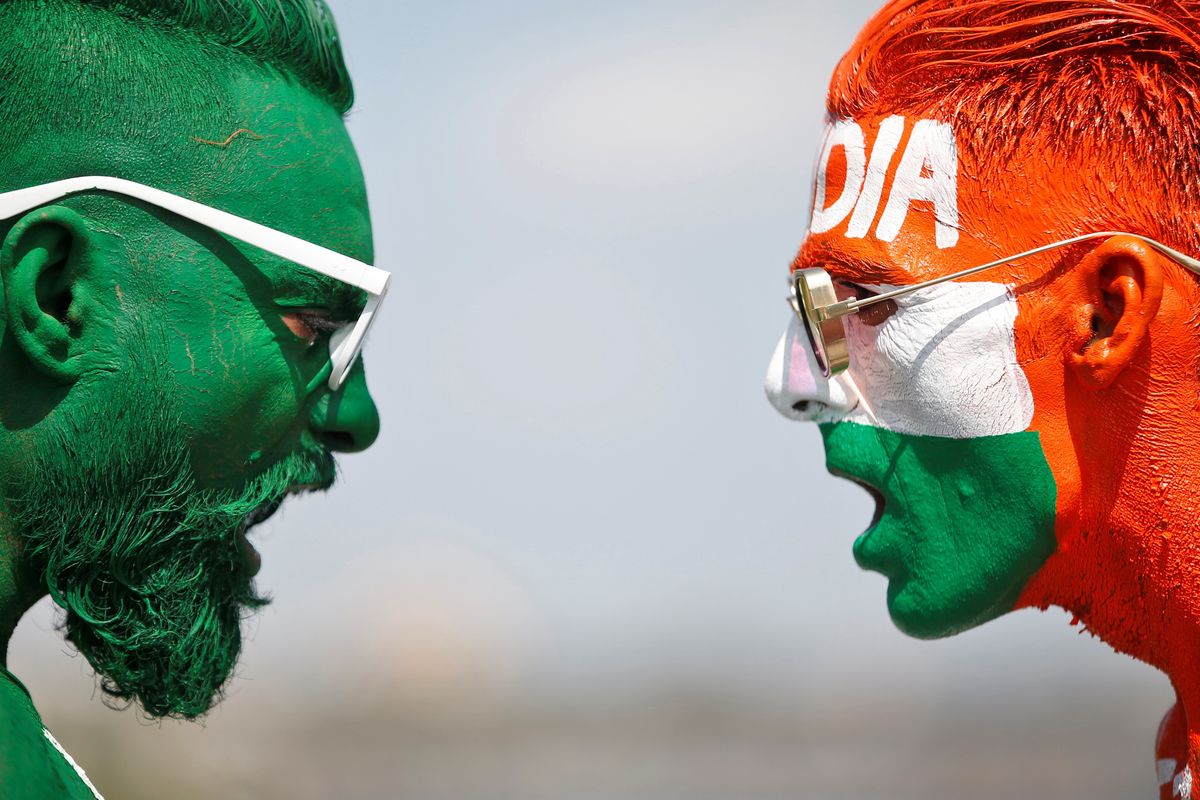
Cricket fans, with their faces painted in the Indian and Pakistani national flag colors, pose for a picture ahead of the first match between India and Pakistan in the 2021 T20 World Cup match.
Reuters
Imagine a packed crowd at the newly-renovated Gaddafi Stadium in Lahore. It’s March 9, 2025, and old rivals Pakistan and India are battling it out for the coveted ICC Champions Trophy title.
Such a game would certainly be like a dream come true for any cricket fan.
However, at the moment, such a high-profile match seems like a distant possibility and not just because of Pakistan’s erratic current form.
The biggest hurdle, even bigger than the hosts’ slim chances of reaching the final, is India’s constant refusal to visit Pakistan.
And despite a recent, ice-breaking visit of Indian Foreign Minister S. Jaishankar for the Shanghai Cooperation Organization (SCO) summit in Islamabad, there are fears that India will not agree to send its team to Pakistan for the elite eight-nation Champions Trophy.
There have been media reports suggesting that cricket was on the agenda when Jaishankar met with Pakistan’s top political leadership including interior minister Mohsin Naqvi, who also happens to be the chairman of Pakistan Cricket Board (PCB).
According to the reports, Jaishankar, who was the first Indian foreign minister to visit Pakistan since Sushma Swaraj in 2005, held informal talks about cricket with his Pakistani counterpart Ishaq Dar during a lunch hosted by Prime Minister Shehbaz Sharif.
"Inaccurate" reports
However, India’s Ministry of External Affairs rejected such reports on Thursday terming them as “inaccurate”.
"The reports that you saw were not accurate. No such talks of that sort happened," MEA spokesperson Randhir Jaiswal said.
Publicly, it seems that India is unwilling to change its tough stance against Pakistan.
However, well-informed sources told Nukta that the ice has started to melt and one of the beneficiaries of an expected thaw in Indo-Pak relations could be the Champions Trophy.
According to sources, there are several reasons why cricket officials in Pakistan remain hopeful that India will change its stance.
One of them is the fact that Indian premier Narendra Modi and his ruling BJP party, which maintains a hawkish stance towards Pakistan, are not as powerful as they were in their previous tenures.
Another reason is that the world cricket community is pushing for a revival of bilateral Indo-Pak cricketing ties.
A proof of it was recently given by top bosses of the England and Wales Cricket Board (ECB), who stressed that cricket would suffer if India did not play in the Champions Trophy.
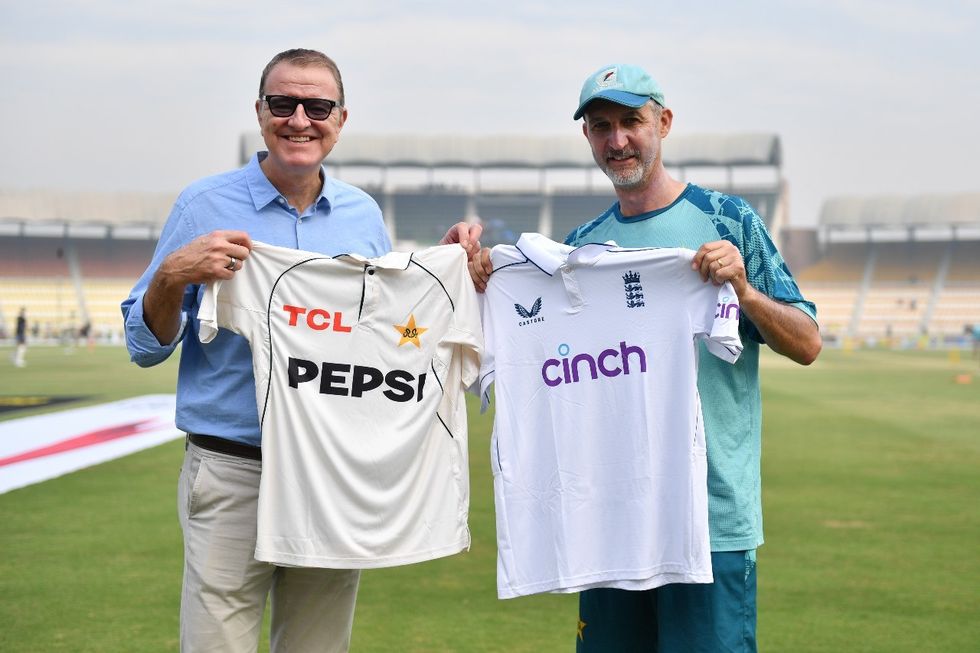
Richard Thompson, the ECB's chair, told reporters on Wednesday: "It would not be in cricket's interests for India not to be playing in the Champions Trophy.”
He added: "It's interesting, with Jay Shah - the former secretary of the BCCI and now chair of the ICC - [who] is going to have a big role to play in that. There's geopolitics, and then there's cricketing geopolitics. I think they'll find a way. They have to find a way.”
Jay Shah holds the key?
Jay Shah, the BCCI secretary who was elected as the chairman of the International Cricket Council (ICC), will take charge on December 1, 2024.
He is expected to play a major role when it comes to a decision on whether India will visit Pakistan for the Champions Trophy.
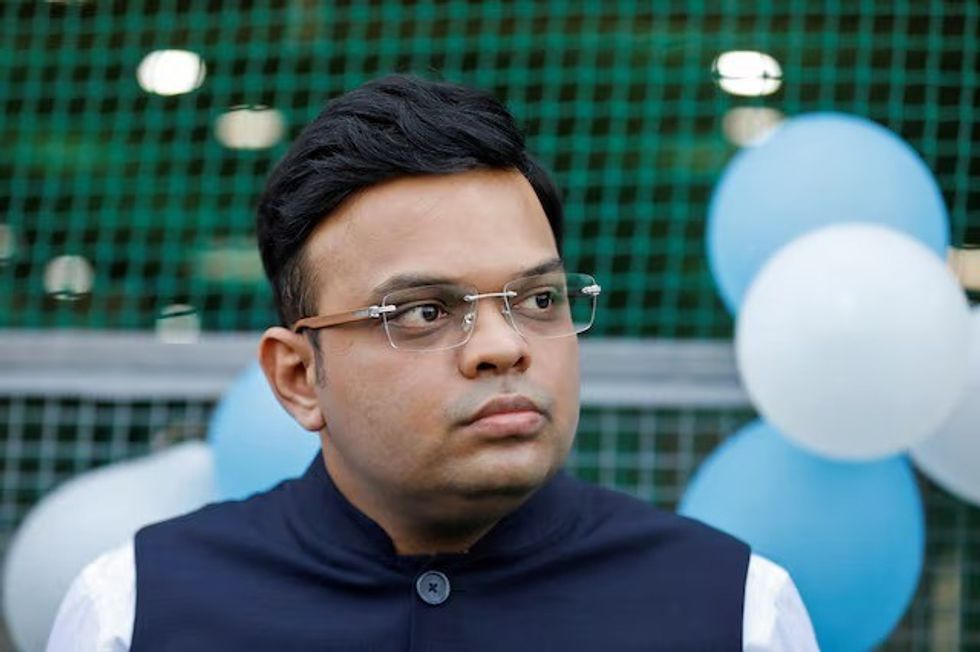
Sources told Nukta that Shah could support the idea of India visiting Pakistan as ICC will stand to gain from it. Pakistan-India matches continue to be the biggest draw in international cricket, which is why it is in the interest of the ICC that the two nations decide to resume bilateral cricketing ties.
ICC chiefs fear that India’s refusal to visit Pakistan for the Champions Trophy could trigger a tit-for-tat reaction from PCB, and that can cause a lot of problems for the game’s governing body. That’s because India will be hosting several major ICC events including the 2026 T20 World Cup and a boycott from Pakistan could cause a headache for them.
So why do the Indians refuse to visit Pakistan for cricket matches?
Ask BCCI and it will stress that the Indian government refuses to give permission to send the cricket team to India. It was in 2006 that India last played a bilateral series on Pakistani soil. It last visited this country in 2008 for the Asia Cup which its cricket team lost to Sri Lanka in the final.
It was after the November 2008 Mumbai attacks for which India holds militants based in Pakistan responsible that the Indians cut sporting ties with Pakistan. Meanwhile, Pakistan became a pariah in international sports following the March 2009 terrorist attack on the Sri Lankan cricket team in Lahore. Slowly, there has been a normalization over the years but India remains the only top-tier cricket team to not have visited Pakistan since the resumption of international cricket here.
Pakistan is hoping things will change when it hosts Champions Trophy from February 19-March 25 next year. The event will feature Afghanistan, Australia, Bangladesh, England, India, New Zealand and South Africa.
It will be the first ICC event to be held in Pakistan since the 1996 World Cup which was hosted jointly by India, Pakistan and Sri Lanka.
Pakistan has been making all out efforts for the successful hosting of the event with the PCB currently working on the renovation of the two biggest stadiums in Karachi and Lahore at the cost of PKR12.8 billion.
There is optimism among the PCB top brass that the Board will be able to deliver a successful edition the Champions Trophy.
But for that to happen, India will have to come and play in Pakistan.
Hybrid model
The problem is that the Indians have not visited Pakistan for a cricket contest since 2008 having also stayed away from last year’s Asia Cup forcing the PCB to relocate the best part of the event in Sri Lanka.
For now, PCB chiefs sound gung-ho about this issue. However, it is quite clear that they won’t have any suitable option in case India refuses to send its team to Pakistan. The best they can do is go for the so-called “hybrid model” with all of India’s games including the final (in case India makes it to the title clash) taking place on offshore venues, most likely in the UAE. But PCB wants to avoid it considering the fact that it turned out to be quite a disaster to hold several of last year’s Asia Cup matches in Sri Lanka.
Can a tougher stance from PCB help Pakistan’s cause?
In the past, PCB officials have promised to take a tough stance on this issue but it has all turned out to be mere lip service. But if they actually opt for it, will it turn out to be counter-productive? After all, India can exploit its dominant position and force the ICC to move the entire Champions Trophy out of Pakistan.
Nukta spoke to Pakistan tennis star Aisam-ul-Haq, who was at the center of a similar issue involving the two nations.
“As a cricket fan myself, I really hope that the Indian team comes to Pakistan for the Champions Trophy," he says.
"It will be really sad if India doesn't come here. After all, we sent our team to the World Cup (in India). We could have easily made an excuse and decided against going to India. But instead we gave them a message of friendship. But if India refuses to change its harsh stance, then somewhere down the line, we need to take a stand."
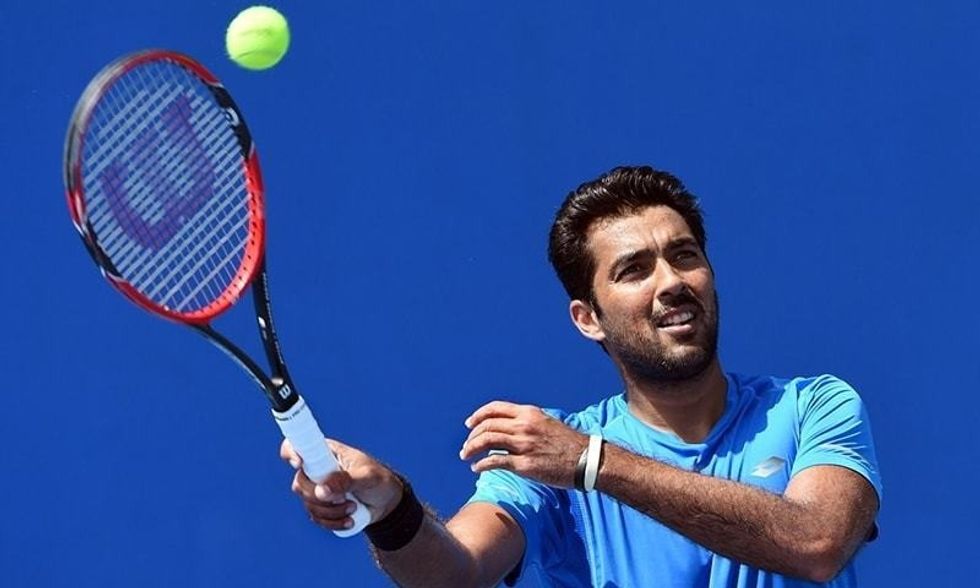
Aisam is of the view that PCB should learn from tennis.
What is happening on the cricket front also happened in tennis. Pakistan and India were drawn in the Davis Cup, one of the biggest team events in international tennis.
It was Pakistan's turn to host India but the Indians refused to visit the country, forcing the International Tennis Federation (ITF) to move the tie to neutral Kazakhstan. However, Qureshi decided to boycott the tie on the grounds that it was unfair for Pakistan to surrender its home advantage. As a mark of protest, Pakistan decided to send its junior players for the match which was won 4-0 by India's top-tier team.
Last year, it was once again Pakistan's turn to host its Davis Cup Asia-Oceania zone tie against India. This time, however, the Pakistan Tennis Federation (PTF) managed to convince ITF against moving the tie to a neutral venue despite India's insistence.
The Indians were told to either give Pakistan a walk-over or play the tie in Islamabad. The Indian team did come and play their Davis Cup match in Pakistan for the first time since 1964.
"The match finally took place in Islamabad because we took a stand. PCB and Pakistan's top cricketers like captain Babar Azam should also take a similar stand. I think even if one of Pakistan's top cricketers makes it clear that he would boycott any Champions Trophy matches if they are played outside Pakistan, then it could make a difference. I believe that our cricketers should get involved and say that enough is enough. But I hope that it doesn't come to that and better sense prevails. I would love to see Indian stars in action on Pakistani soil."





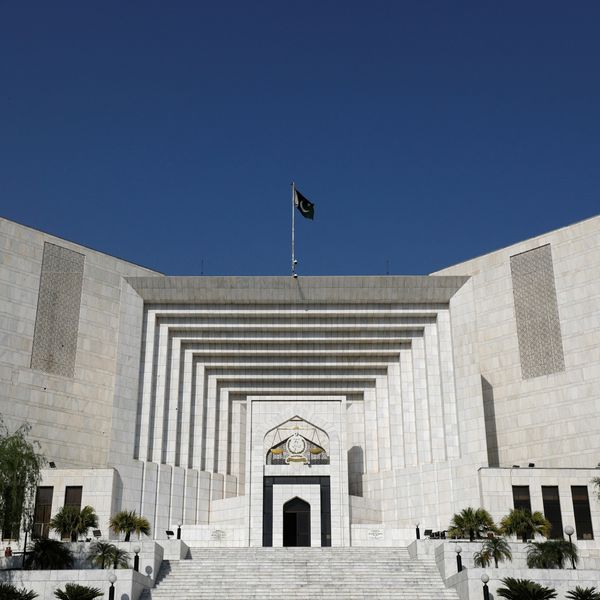

Comments
See what people are discussing